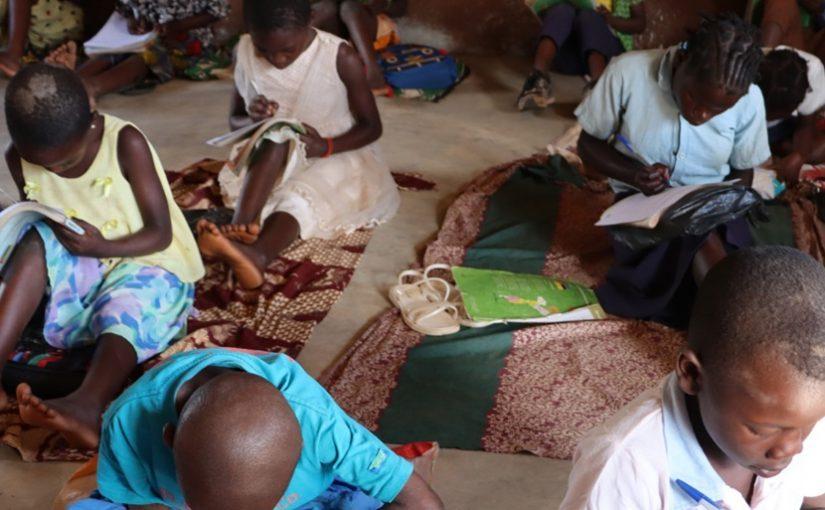Africa-Press – Mozambique. The United Nations Office for the Coordination of Humanitarian Affairs (OCHA) has released a report placing Mozambique “at the crossroads of multiple converging crises”, where the consequences of “delayed or insufficient” action are measured “not only in financial terms, but also in human lives and dignity”.
“Over the past months, the country has faced a relentless cascade of emergencies – worsening conflict in the north, recurrent and intensifying climate shocks (including cyclones and drought) and the resurgence of deadly disease outbreaks – all amid a persistent shortfall in humanitarian funding,” the OCHA report reads.
Regarding the conflict in northern Mozambique, in Cabo Delgado province, which has been ongoing since 2017, OCHA reports that May saw the highest level of security incidents and violence affecting civilians since 2022, and that attacks by armed groups “have been happening in larger geographical areas and have shifted closer to main roads, disrupting movement and humanitarian aid”.
“Since January 2025, continued violence and insecurity uprooted over 95,000 people, many of whom still live in precarious conditions with limited access to basic services and protection. Over 700,000 returnees have returned to their places of origins but are still considered in need of urgent humanitarian assistance,” the document relates.
Drought and food crisis
Mozambique is also “reeling from the effects of a prolonged El Niño-induced drought, which resulted in 4.89 million people projected to experience IPC Phase 3+ (crisis or worse), including about 912,000 at Emergency (IPC 4) levels in October 2024-March 2025”.
“The drought has pushed over 140,000 children into acute malnutrition and forced families into extreme coping strategies, including child marriage and survival sex.”
According to OCHA, the three cyclones that hit Mozambique between December and March have worsened the country’s already prolonged humanitarian crisis.
“Mozambique is grappling with a major cholera outbreak, with nearly 4,500 new cases reported between October 2024 and July 2025 […]. Poor access to safe water,
compounded by recent cyclones and weak infrastructure, has fuelled the spread […]. In July 2025, the country also confirmed its first mpox cases,” the UN OCHA states.
The UN agency points out that women and girls continue to bear the brunt of the humanitarian crisis in the country, as conflict and displacement have “drastically” increased the risks of gender-based violence (GBV), “including conflict-related sexual violence, while up to 75% of services for GBV prevention, mental health, and reproductive health are disrupted”.
Urgent funding
“As of July 2025, the Humanitarian Needs and Response Plan (HNRP), which is seeking US$352 million, is only 19% funded, having received only US$66 million,” explains the OCHA, adding that “urgent and sustained” funding is essential to prevent further deterioration and to meet the growing humanitarian needs, which remain “as acute and widespread as ever”.
Mozambique is considered one of the countries most severely affected by global climate change, facing cyclical floods and tropical cyclones during the rainy season, which runs from October to April. It has more than 1.2 million internally displaced people and 26,000 refugees due to climate change and conflict.
At least 349 people died in attacks by Islamic extremist groups in northern Mozambique in 2024, a 36% increase compared to the previous year, according to a study released in February by the Center for Strategic Studies in Africa.
Source: Lusa
For More News And Analysis About Mozambique Follow Africa-Press






